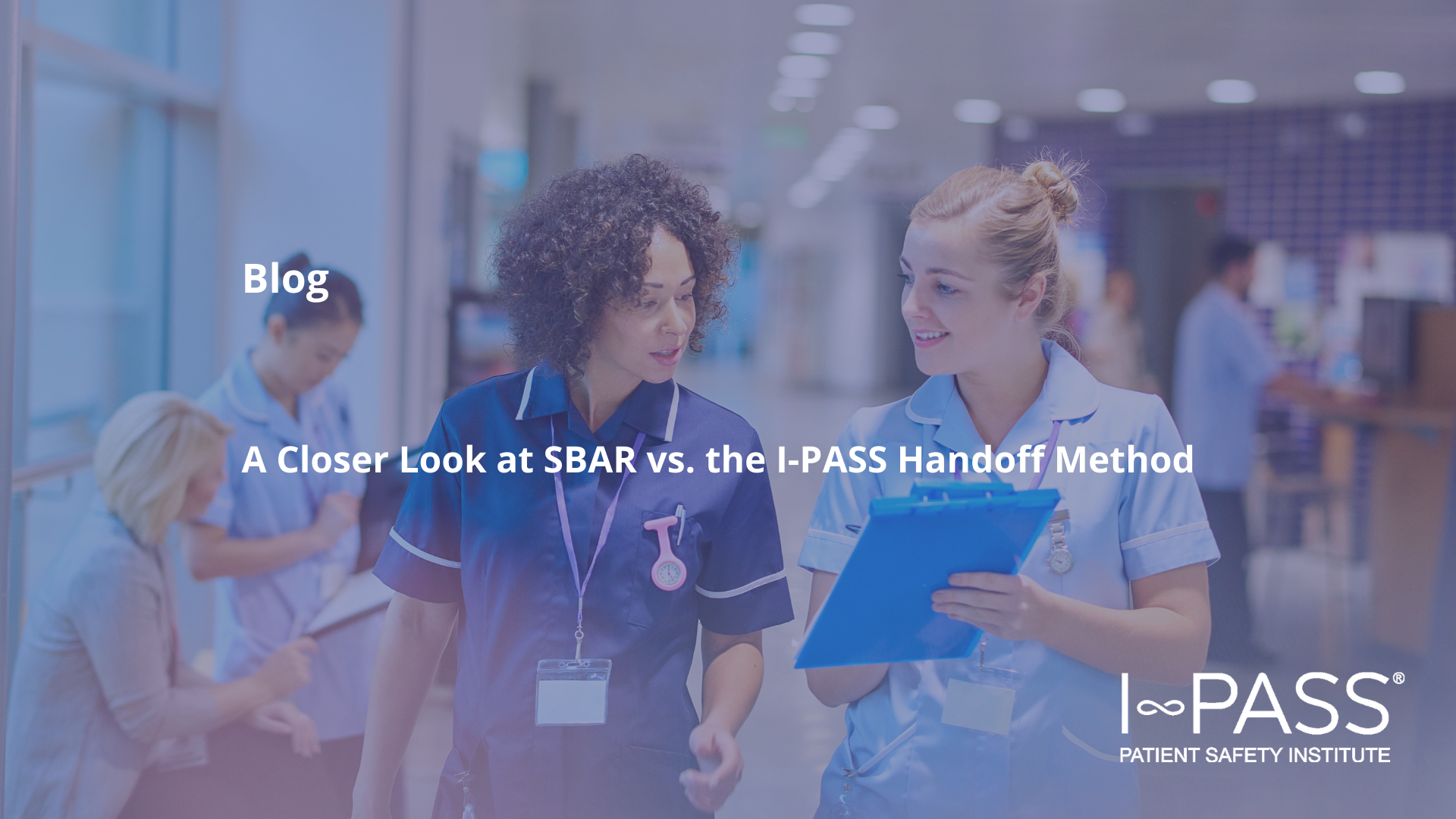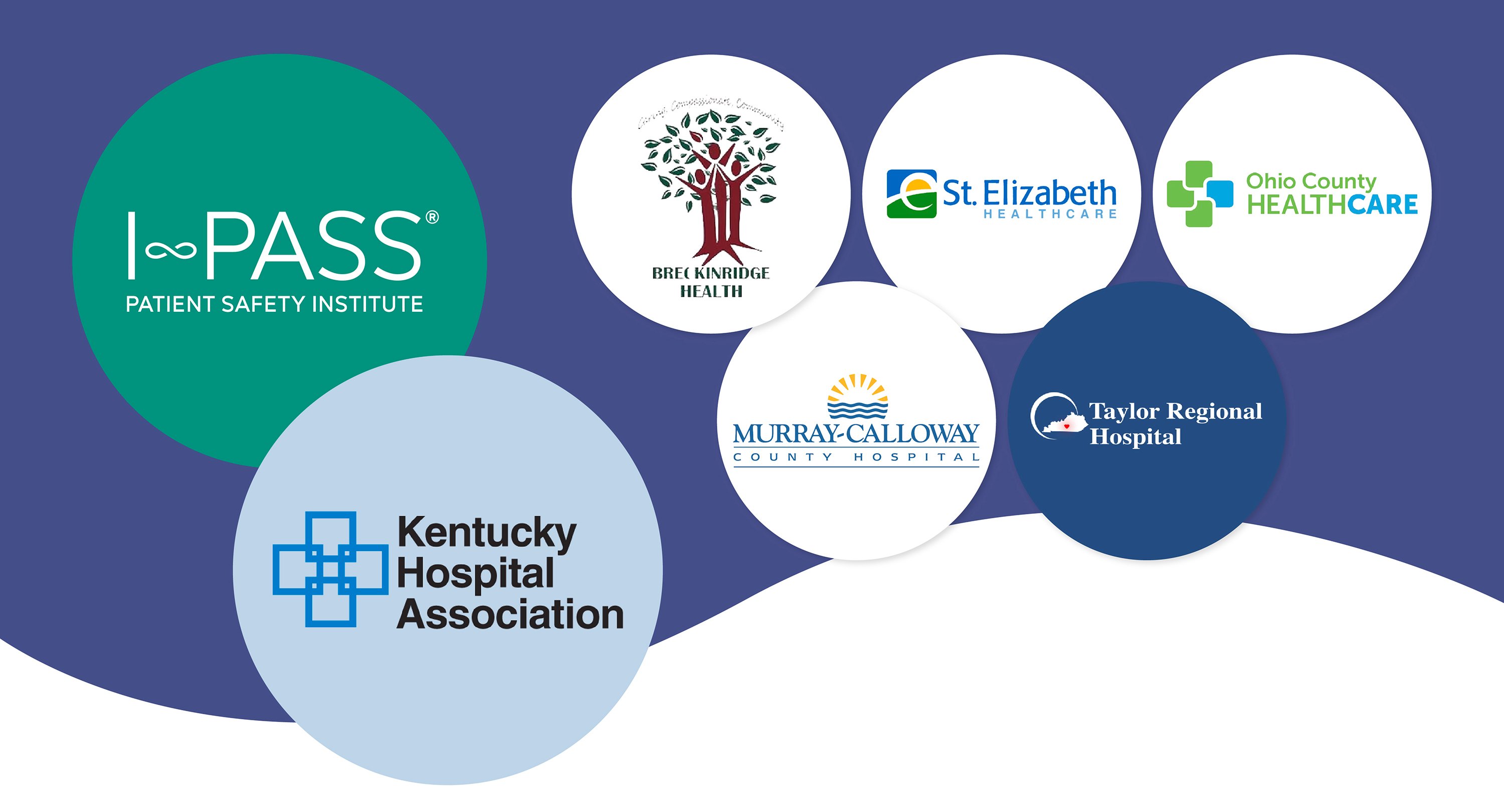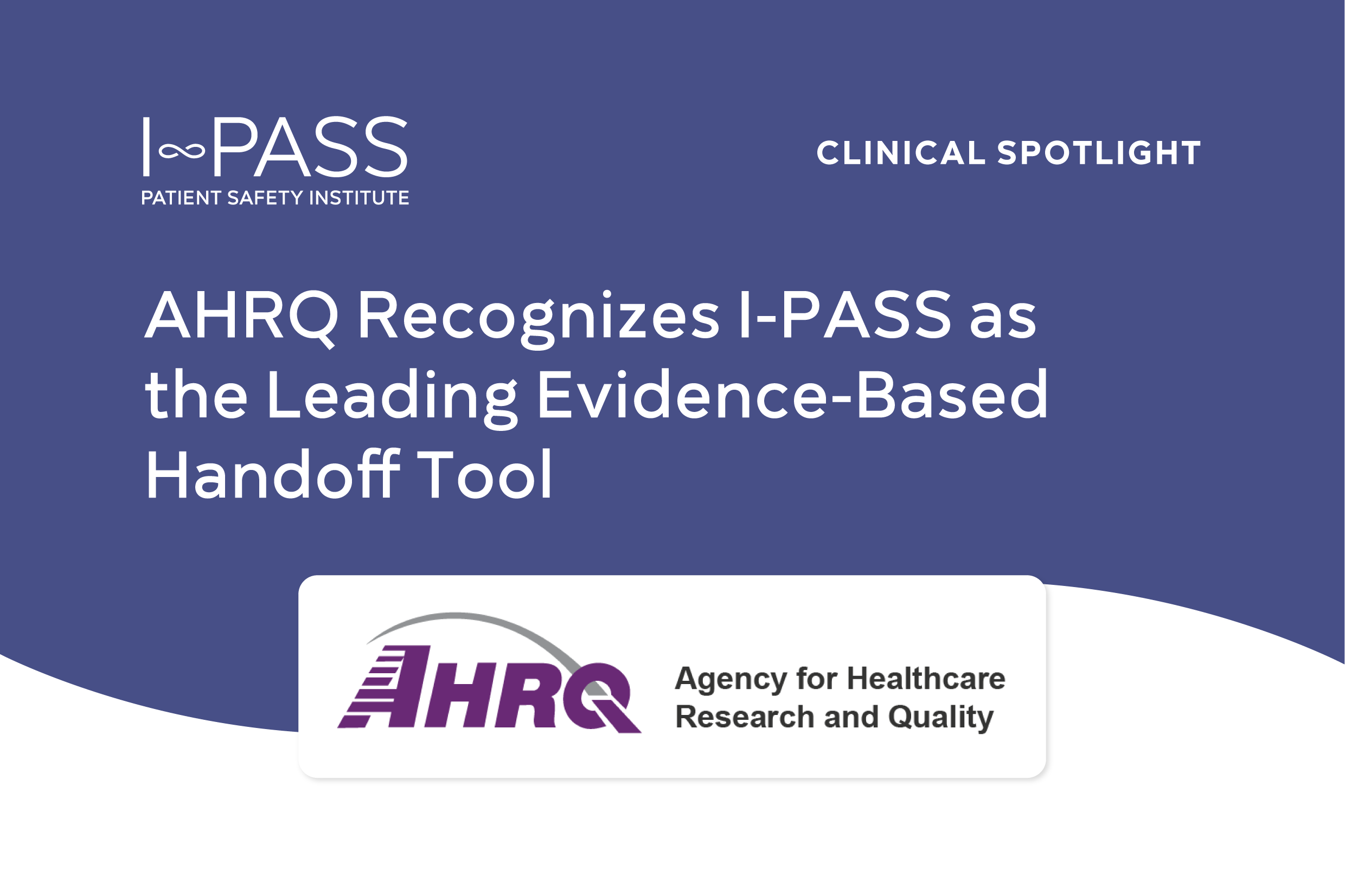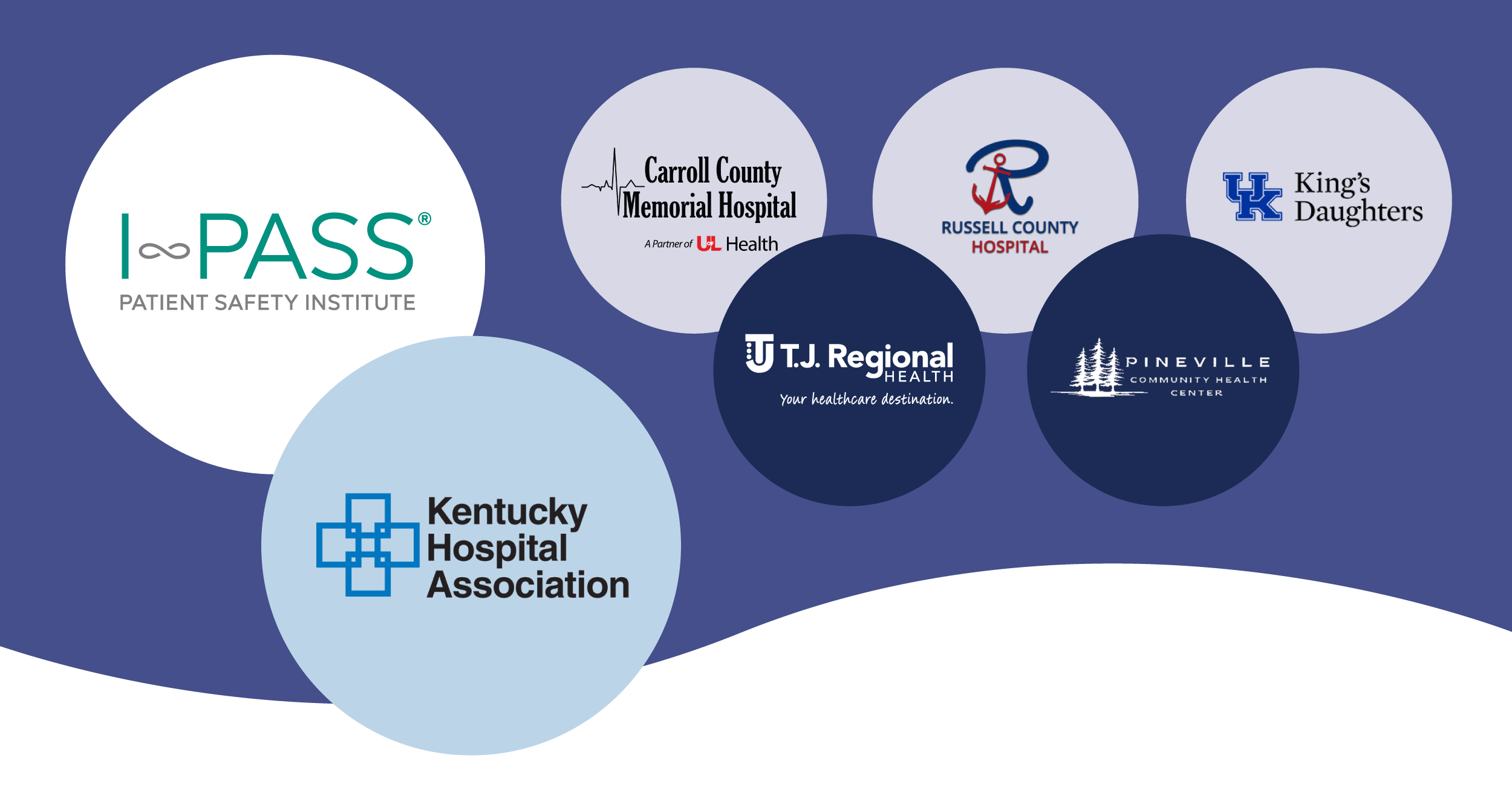This insight was shared by Kimberly Clements, MSN, RN, CCRN, CNRN, NEA-BC, at Hackensack Meridian Health (HMH) in New Jersey. Her contribution to Nursing Management Journal about her efforts to encourage collaboration and elevate HMH’s culture of safety rings true year-round, particularly during National Nurses Week."Although it's difficult to be 100% error-free, utilizing a standard format for communicating patient information, such as I-PASS, is one more step toward becoming a highly reliable organization.”
A few years ago, Clements was championing the creation of a high reliability culture within HMH’s 13-hospital system. She knew that a major milestone for achieving this vision was to embrace a continuous process improvement culture. Like other health systems on the high reliability journey to Zero Harm, the HMH team set their sights on improving handoffs during transitions of care to increase the consistency and continuity of care systemwide.
Step one was determining which process interventions would yield the highest return towards high reliability while also “creating a more positive care environment for everyone (physicians, nurses, patients, and families) involved.” Clements and her teams realized that the communication mnemonic currently in place, SBAR—Situation, Background, Assessment, and Recommendation—was designed as a broader escalation tool. To ensure reliability, they needed a tool specifically designed to provide a comprehensive yet succinct view of the patient and enable communication continuity across all care teams and roles.
“SBAR is an escalation tool, not a handoff tool. I-PASS possesses the specificity that a solid handoff requires. I-PASS offers a comprehensive look at the patient while highlighting areas that need to be communicated consistently across levels of care.”
The I-PASS method helps meet this need by enabling nurses, along with any other members of the care team, to utilize a shared terminology that fosters better-coordinated patient care. Nurses across HMH's Southern Ocean Medical Center's campus, and eventually two additional campuses, deployed I-PASS for a defined period to test the tool’s reliability, flexibility, and adaptability across multiple care areas.
Several takeaways especially relevant to today’s post-pandemic care environment surfaced, including two primary outcomes of increased staff satisfaction and, most importantly, a reduction in errors.
- HMH nurses confirmed that I-PASS was a more effective tool than SBAR for improving communication and decreasing opportunities for error.
- Relationships between nurses and physicians also improved. The confidence nurses gained from using I-PASS established amore trusting and positive care environment.
- Structure can aid new nurses and improve onboarding for traveling nurses. Novice nurses were among the most receptive of the I-PASS methodology early on. The structure of the standard report prevented them from missing important information and instilled trust that the information they received was accurate. This outcome provides useful insight for nursing leaders today who are adapting to an influx of traveling nurses, while maintaining goals for high levels of clinical care team coordination.
Before I-PASS, novice nurses were more reluctant to ask questions and clarify information with their more senior colleagues. Instead, they would take time searching the chart or asking their peers for information after they completed each handoff. When I-PASS’s standard reporting tool was introduced, it prevented nurses from missing important information or feeling the need to verify the validity of the information. This saved time because they trusted that the information they received was accurate.
Clarity, confidence, collegiality, and certainty: all essential ingredients for a highly reliable and high-performing care team that consistently delivers safe, patient-centered care. They were all elevated through the implementation of I-PASS across HMH. By championing the switch to a more effective patient handoff communication tool, Clements and her team of nurses translated the principles of high reliability into a digestible, repeatable behavior to advance HMH’s journey to Zero Harm – ensuring a sustainable culture of safety.
Nurses are a cornerstone of a strong safety culture and excellent outcomes. Providing structure and teaching reliable safety-based communication skills like I-PASS positively impacts the nurses, patients, families, and operational health of the organization.






